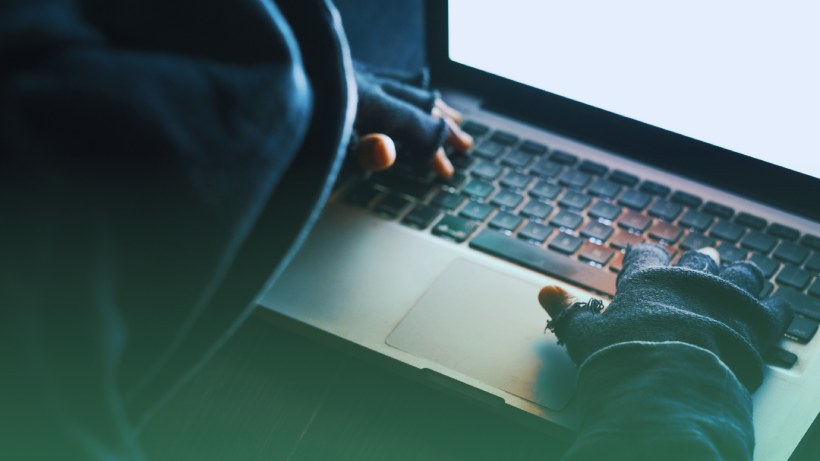Fake PayPal Invoice Scams Overshadows Cybersecurity Awareness Month
Key Points:
- National Cybersecurity Awareness Month is competing with this digital enemy.
- These levels of harm are often found in fraudulent email messages.
- Do you know the four steps to recognize a phishing email scam?
- When you see these annoying emails, please don’t open them.
- We have a special message for the Bay Area and San Jose business community.
October is National Cybersecurity Awareness Month. Security experts from around the globe actively reach out to bring awareness to their communities, like the Bay Area and San Jose, about the dangers of cyber theft, ransomware attacks, and system breaches, with one exception.
Fake PayPal invoice scams are growing and landing in our business community inboxes. Businesses and organizations are getting hammered with these phishing emails from scam artists demanding payment for products or services they never supplied. Our video shows you the one we got and what you should do.
How Dangerous Are Fake PayPal Invoice Scams?
Depending on the content inside the phishing email, different levels of harm can potentially happen. The first is paying for products or services you never received and losing all that money. But the more insidious dangers come from links to click on or phone numbers to call back to dispute the charges.
When you click on an unknown link inside any email, you risk uploading destructive malware or viruses to your device, network, or system. That payload gives scammers access to your personal or business data or financial information like account numbers, credit card numbers, or customer-sensitive data.
The third level revolves around calling the number listed in the email. Unless you recognize that number, it is never safe to call back. When you do, there is a greater chance of getting billed automatically for the call, sometimes for hundreds of dollars. And should you refuse to pay the fake PayPal invoice, the scam artist will threaten legal action against you.
How To Recognize A Phishing Scam In Four Steps
Typically most scams follow a four-step formula regardless of the medium used, e.g., emails, SMS messages, phone calls, or on a website. As you scrutinize future emails, you will see the structural cadence. Below is a breakdown of the phishing email structure:
- The message arrived unexpectedly from a stranger
- You’re told to perform a specific task, “Pay Now!” “Call Us Today!”
- A demand that “This must be done IMMEDIATELY!”
- The request states if not completed, legal action will follow
It also needs mentioning; sometimes, you’ll see images like a fake PayPal invoice or a Brand’s logo in these messages. Those pictures are “persuasive tools” deliberately positioned to convince you visually that the charge is legitimate. Take note of where the picture’s placement is in the message body. Moving forward, use this template as your guide to spot these scams.
Outrageous Email Phishing Scams That Never End!
National Cybersecurity Awareness Month is a time to draw attention to security issues and vulnerabilities. One of the biggest culprits is annoying email phishing scams sent daily to Bay Area and San Jose businesses and organizations. These are so common you’ve probably received some of them multiple times this week.
- Government or Federal Agency Emails
- Fake Tax or IRS Collections Emails
- Update Your Account Emails
- Camp Lejeune Emails
- You’ve Been Chosen, or You’re A Winner Emails
- Did Your Package Arrive Emails
- Religious or Help Me Emails
Reporting fraudulent emails is another way to protect your business. Should you receive the latest fake PayPal invoice email scam, or others like it, V&C Solutions recommends filing a complaint with the Federal Trade Commission. Here is that link: www.ftc.gov/complaint.
A Message To The Bay Area And San Jose Business Community
Your business or organization strives to provide the best goods and services for your customers, clients, patients, and church members. You know the extensive labor and hard work that goes into building a reputable company and a solid reputation.
However, the more you grow and become successful, the more scammers, cybercriminals, and hackers want to steal from the Bay Area and San Jose business community. It’s a vicious cycle. That’s why you must always keep your guard up. It only takes a brief moment, and they’re in.
Our highly trained IT specialists will thoroughly tailor your cybersecurity protection to manage your entire network. With V&C Solutions on your team, you can focus on your business, and we’ll focus on protecting it. Contact us or call (408) 217-6002 to schedule a consultation.




